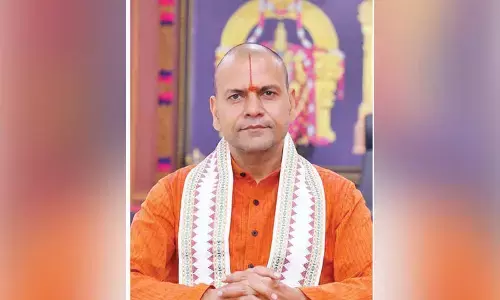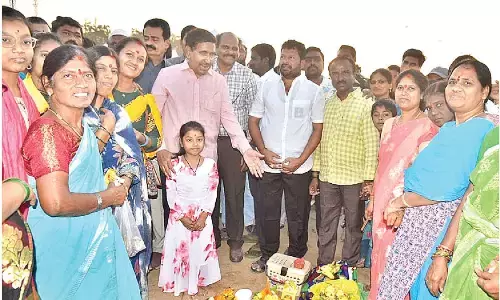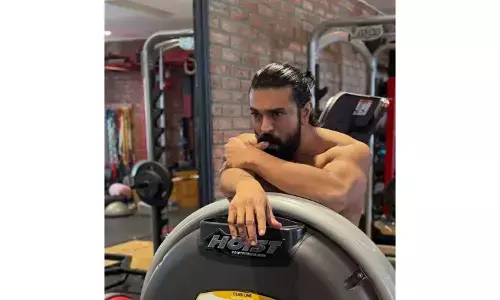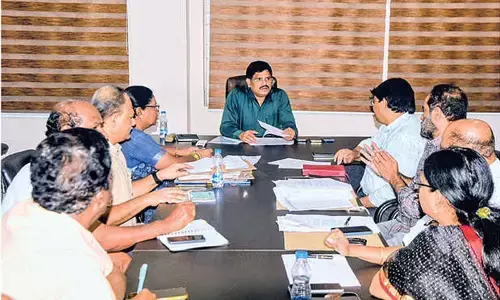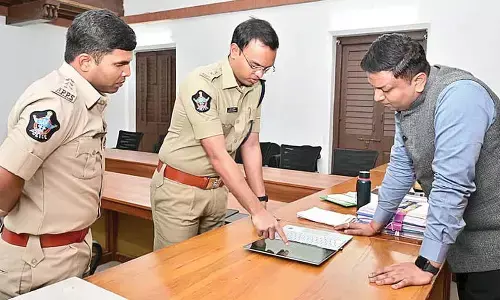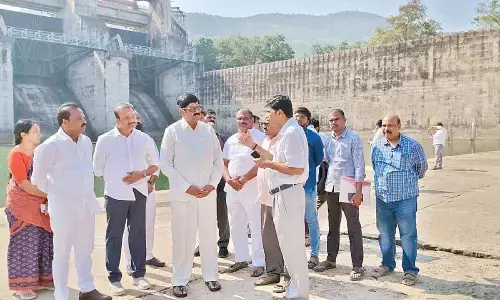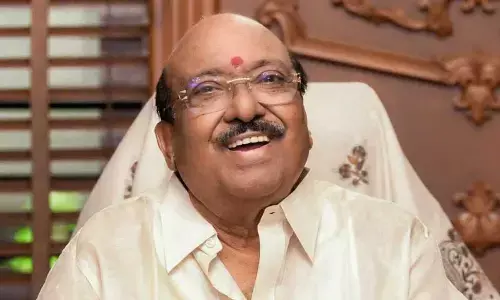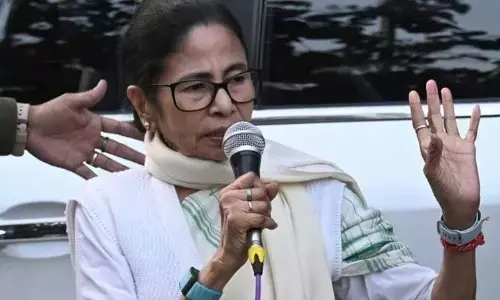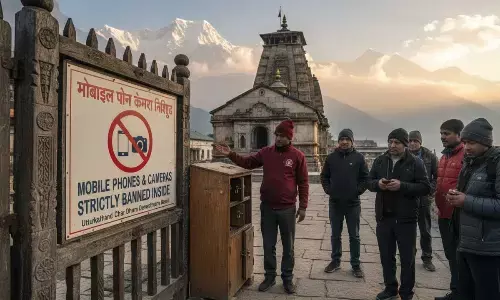NIRDPR begins work on project for creating model GP clusters
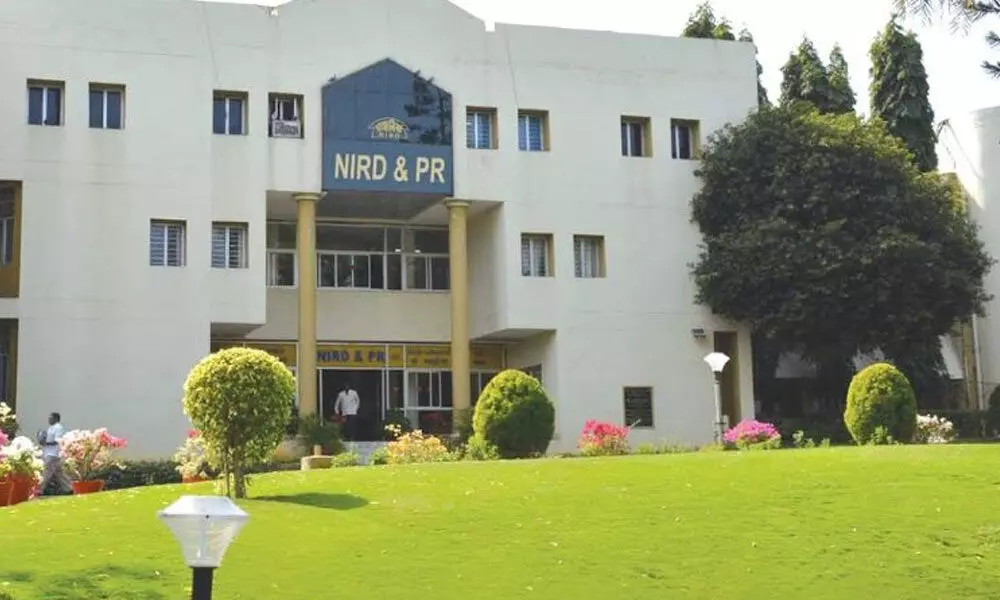
NIRDPR begins work on project for creating model GP clusters
The National Institute of Rural Development and Panchayati Raj (NIRD&PR) has started training State Programme Coordinators (SPCs) and Young Fellows (YFs) on the Project for Creating Model GP Clusters (PCMGPCs) in two batches.
Hyderabad: The National Institute of Rural Development and Panchayati Raj (NIRD&PR) has started training State Programme Coordinators (SPCs) and Young Fellows (YFs) on the Project for Creating Model GP Clusters (PCMGPCs) in two batches. The first batch from November 22 to 26 is dealing with four SPCs and 61 YFs.
The training was started with a welcome address by Dr Anjan Kumar Banja, associate professor and project coordinator for PMGPCs, NIRD&PR. He highlighted "the phase-1 and evolution of phase- II of creation of 250 model GP clusters across the country to achieve holistic and sustainable development through institutional strengthening of GPs and enablement of quality GPDP by providing complementary training, technical guidance and professional handholding support to the GPs, to inspire and motivate other GPs.
The phase II project is to be implemented in collaboration with multiple partners, the MoPR, NIRDPR, the States and union territories, UNDP and other renowned partner organisations which are experienced in different fields of development. The GPs are to be at the "centre stage" of the programme with communities at the core and fore of it to sustain the initiative. Continuous mentoring and handholding support to the project GPs under each cluster by one qualified and trained YF is the mainstay of the specialised interventions.
There are a few SPCs for groups of States and union territories to coordinate with the States/UTs and the YFs under overall guidance of the project management unit set up under the Centre for Panchayati Raj, Decentralised Planning and Social Service Delivery (CPRDP&SSD)of NIRDPR. From each State/UT, there is in place one State Nodal Officer (SNO) nominated by the RD&PR department(s) of the State/UT to coordinate the State-level activities. The project can succeed only if officers and institutions of the RD&PR department(s), SIRD and district and block administration provide all-round support to the project for effective implementation and monitoring of the activities as per the project design and NIRDPR guidelines."
Dr G Narendra Kumar, NIRDPR Director-General, delivered key-note address threw light on "the importance of decentralisation and local finance". He highlighted critical issues in decentralised
governance in terms of own source revenue, devolution of functions, organisational capacity, service delivery mechanism, creation of parallel structures, inadequate public participation and women's participation and absence of functional and fiscal devolution. He recommended short term, medium term and long term plans for better fiscal decentralisation in local level.








